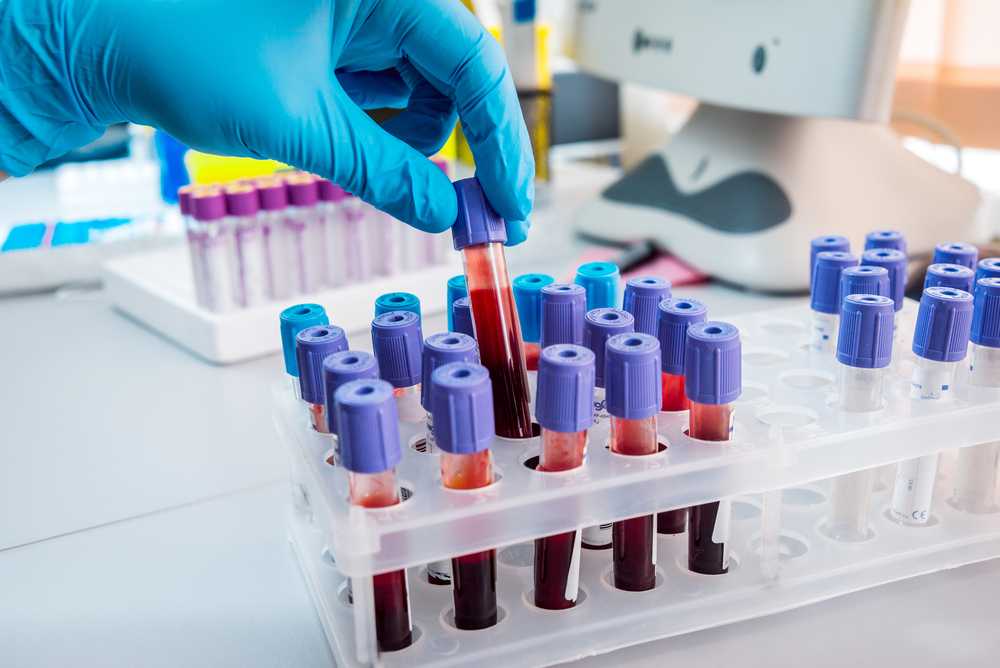
The annual American Society of Clinical Oncology (ASCO) meeting started Saturday in Chicago with news that there could be a viable alternative to tissue biopsies coming down the pipeline.
Guardant Health, a California-based cancer diagnostics company, released results from a study it sponsored revealing that its Guardant360 liquid biopsy test “closely mirrored the cancer genes taken from traditional tissue biopsies,” according to Reuters.
The company’s product is engineered to locate samples of tumor DNA in the blood whereas tissue biopsies require surgeons to surgically remove a piece of the tumor in order to determine which genes are causing the mutation and to recommend the best treatment.
Over 15,000 patients with tumors ranging from colorectal cancer to breast cancer provided the researchers with one or more blood samples.
The team conducted their research in two phases by first testing to see if these liquid biopsies could identify the key genes that drive cancer growth as effectively as traditional tissue biopsies, which was followed by another test aimed at comparing the results from the liquid biopsies with previously published cancer data.
Results indicated the liquid tests matched up with tissues samples 87 percent of the time, but the accuracy went up 98 percent when blood and tissue samples were taken no more than six months apart, wrote Reuters.
These specialized blood tests could offer certain advantages not found in the tissue-oriented method, noted Fortune. This tool could make it easier to track how tumors mutate and change allowing for flexible adjustments for treatment options that won’t be as invasive or expensive.
However, the researchers associated with the study told the publication they don’t see this invention as a total replacement for physical biopsies at this stage. A physical biopsy would still be needed to properly diagnose what type of cancer has formed along with homing in on its primary location.
Ultimately, this tool could serve as a complement to diagnosis.
“We could imagine this type of assay could be used in the future to surveil patients and change their treatments when new mutations are found, without having to biopsy the original tumor, and in cases of metastatic disease where it may be more costly and dangerous to do that,” said Dr. Julie Vose, professor of internal medicine at the Nebraska Medical Center University Hospital and president of ASCO, told Fortune.
Filed Under: Drug Discovery




